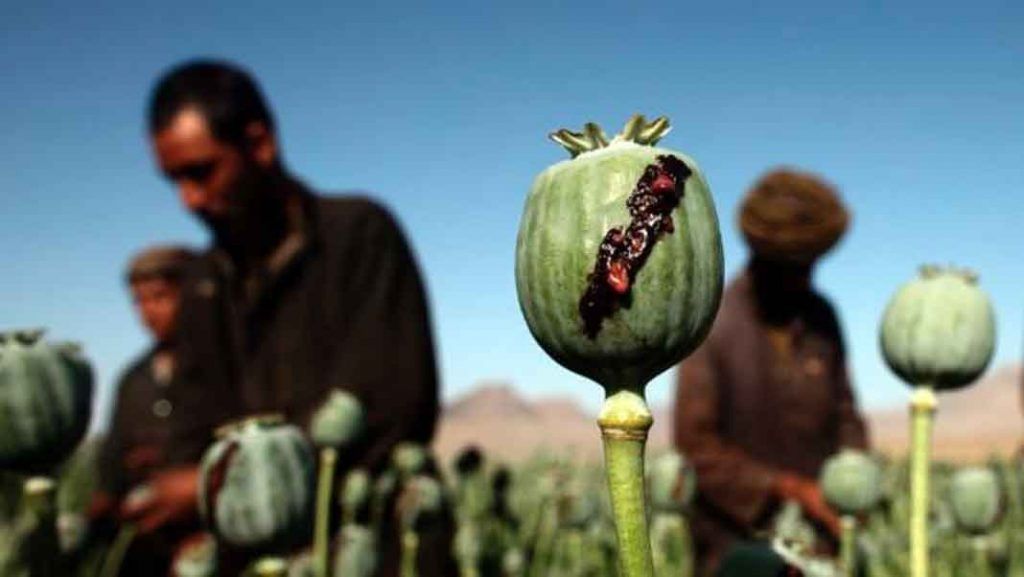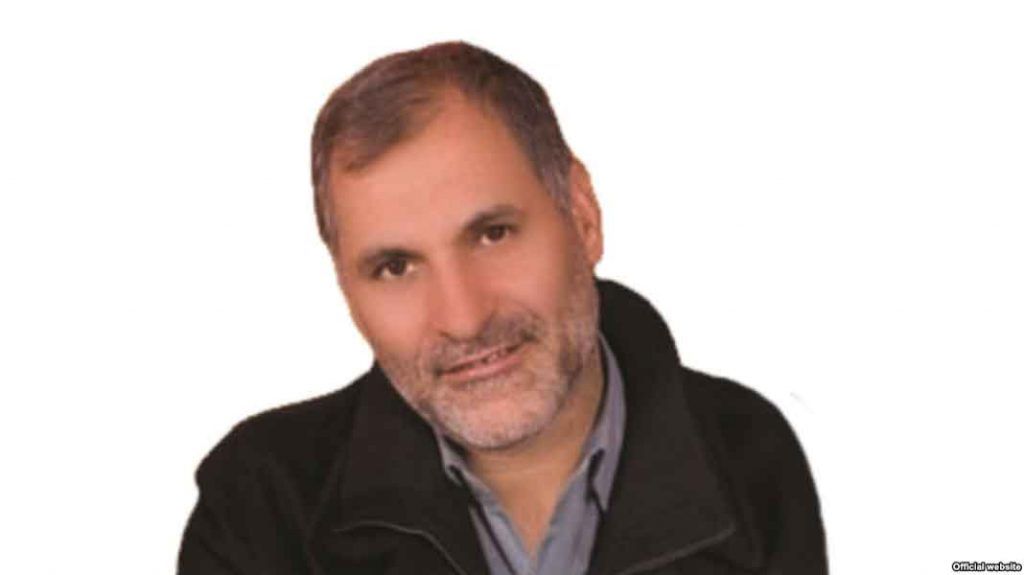April 12, 2017
By Ahmad Rafat
Italian authorities have arrested ten individuals in recent days suspected of smuggling opium out of Iran. The group’s leader is a 39 year old Iranian man who had been operating as an apparel merchant. The other nine gang members are Iraqi citizens. The arrests were made in a number of central Italian towns following a two-year investigation that had been launched by Rome’s prosecutor’s office in 2014.
The police investigation has revealed that opium was smuggled in trucks, transported by ferry from Turkey to the Italian port of Trieste and sold to various European customers. Italian authorities believe that the opium was processed into heroin in laboratories operated by European criminal syndicates.

Police seized a small amount of opium from the ring leader’s house in the city of Arezzo. The man’s name has not been released to the public. The trafficking of drugs, particularly opium and crystal methamphetamine, from Iran to Italy and other European destinations is not a recent phenomenon. Members of another group of Iranian drug smugglers were arrested in Italy two years ago. However, the latest arrests differ in many ways from all other previous drug busts.
In an unusual move, the Italian national gendarmerie (Carabinieri) that executed the warrant for the arrests, has not released the names or the photographs of the Iranian and Iraqi suspects. Video footage of the drug raids has not been made available to the media either.
In an off-the-record conversation with the deputy prosecutor in charge of the case, Kayhan-London has learned more details about the individuals involved. The Iranian ring leader’s first name is reportedly Saeed. The other nine men are members of the Popular Mobilization Forces, a state-sponsored umbrella organization composed of Iraqi Shia militias operating under the auspices of the Islamic Revolutionary Guards Corps’s Qods Force (IRGC-QF).
Sources close to the prosecutor’s office have told Kayhan that, according to one of the Iraqis in custody who has been cooperating with the authorities, the group has links to a number of IRGC commanders. The political aspect of the case is most likely the main reason for the Roman prosecutor to remain reluctant to release the details of those arrests.

Gholamreza Baghbani, a former IRGC commander and a close ally of Qasem Soleimani, head of the Qods Force, has been implicated as the main point of contact in Iran by some of those in custody. Baghbani was among the individuals sanctioned by the U.S. in 2012. His name has also appeared in connection with Lebanese drug smugglers operating in Latin American countries, including Argentina, Brazil and Paraguay.
Authorities were first alerted to the presence of the gang in Italy after the arrest of three Lebanese drug-traffickers in Prague, Czech Republic in 2014. The three men were reportedly members of the Lebanese Hezbollah. One of those arrested was identified as Ali Fayyaz, an ally of Mohammad Noureddin, who heads an international money laundering operation based in Paris, with close links to the Lebanese Hezbollah.
In 2015, five Czech citizens were kidnapped and held hostage in south Lebanon. To secure their freedom, Prague officials were forced to release Fayyaz and his accomplices and returned them to Lebanon. According to Iranian news sites, Fayyaz was a member of the Modafe’an-e Haram (Defenders of the Shrine), who was killed in the Syrian civil war.
The Czech police investigation has uncovered information on other drug rings that have been operating in many European countries, including Italy, Belgium, Germany and France, with close ties to the IRGC and Baghbani,
Baghbani had served as an IRGC commander in Sistan and Baluchestan province prior to declaring his candidacy in parliamentary elections in 2011. He exited the race in favour of other conservative candidates in a failed attempt to enter politics.

